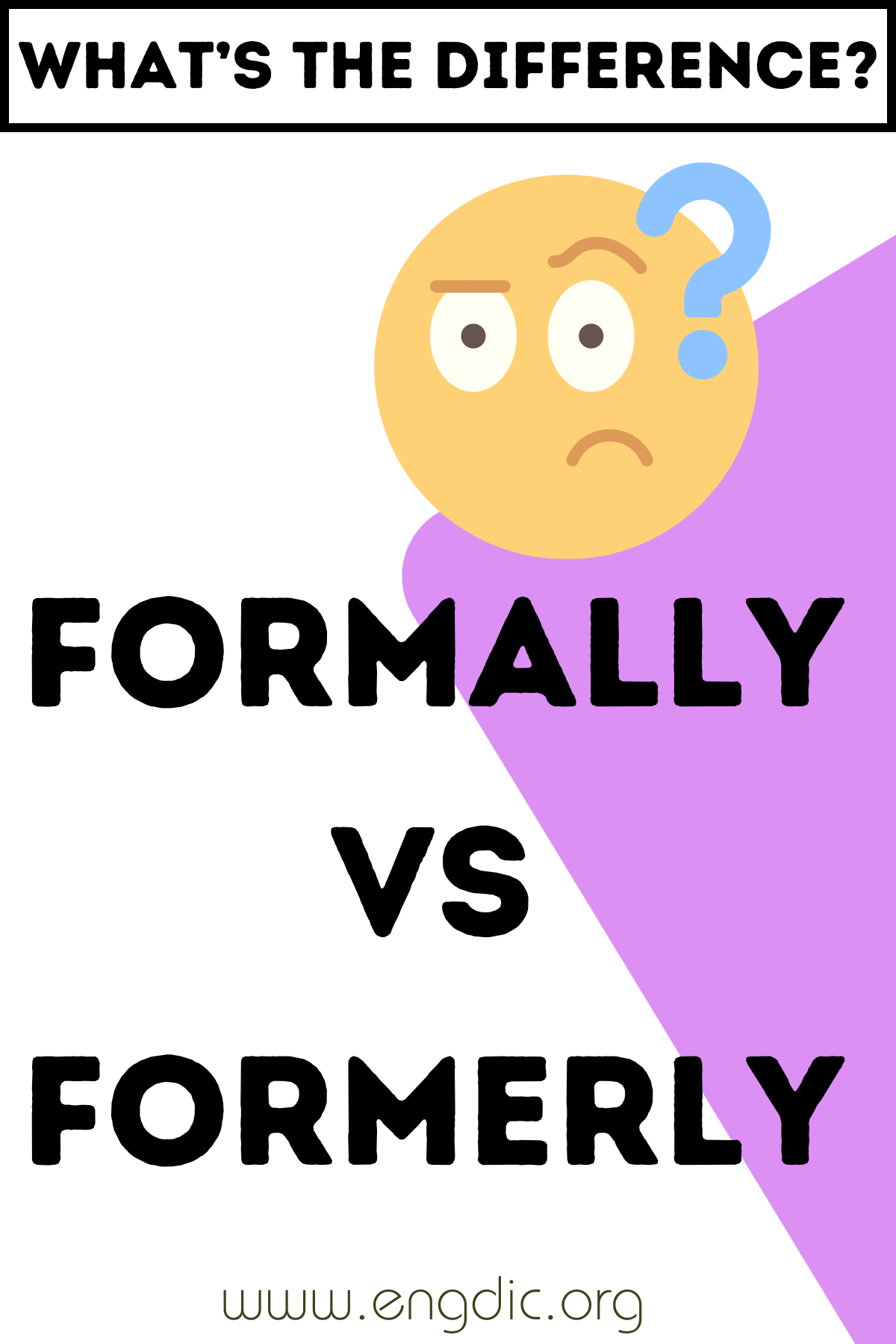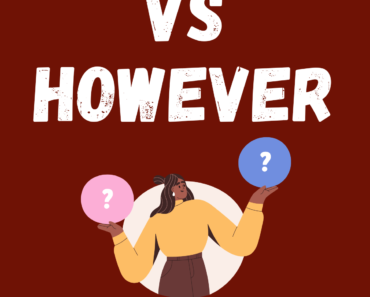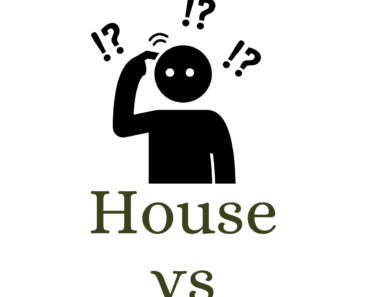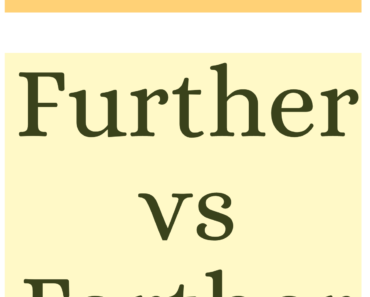While “formally” and “formerly” appear similar, they hold distinct meanings.
- “Formally” refers to behaving or being done in accordance with rules, conventions, or traditional standards, often indicating a manner of presentation or behavior.
- In contrast, “formerly” indicates something that occurred or existed in the past.
These terms can easily be confused due to their similar spelling, but understanding their meanings and usage can ensure precise communication in writing and conversation.
Formally
Definition: “Formally” is an adverb that describes actions conducted according to established rules, customs, or standards.
Usage:
- Ceremonious Manner: When something is done in a manner that adheres to protocol or traditions, such as dressing in formal attire for a wedding.
- Example: “The guests dressed formally for the black-tie event.”
- Officially or Authoritatively: Refers to actions carried out with authority or official recognition.
- Example: “The law was formally enacted after months of debate.”
- Educational Context: Describes structured, conventional education or learning.
- Example: “She was formally trained in classical music.”
Formerly
Definition: “Formerly” is an adverb that describes something that happened in the past, referring to previous statuses or conditions.
Usage:
- Past Status: Indicates a change in condition, role, or title from the past to the present.
- Example: “He was formerly the CEO before moving to a different role.”
- Historical References: Refers to places or organizations that have changed their names or identities.
- Example: “The city was formerly known as Byzantium before being renamed Constantinople.”
- Describing Personal History: Describes someone’s previous identity or affiliation.
- Example: “She was formerly a member of the board.”







